

Past Event
It is timely to look at the dynamics that will drive the next period of U.S. politics and policymaking and how they will affect U.S. foreign assistance and development programs. Over the past 15 years, a strong bipartisan consensus—especially in the U.S. Congress—has emerged to advance and support U.S. leadership on global development as a key pillar of U.S. foreign policy.
2020 presidential and congressional candidates are taking the field and looking for themes that will galvanize their campaigns in 2019. There will be strong competition for votes among Republicans, Democrats, and independents.
Regardless of which political stripes win at the ballot box, the president and Congress taking office in January 2021 will be faced with old constraints and new opportunities, including immediately having to deal with the FY2022 budget. The political pressure cooker will include the need to address a historic level of public debt and stem budget deficits while addressing neglected domestic priorities, ensuring the national defense, and meeting global challenges.
In the development arena, issues that are drawing attention include the growing prevalence of state fragility and violence, climate change, the unprecedented level of refugee populations, China’s entry as a major development actor, and how to address development issues such as education, youth, women’s empowerment, sustainable infrastructure, and job-friendly growth.
The 16th Brookings Blum Roundtable considered what narrative and practical proposals will not only maintain current levels of U.S. development leadership and investments, which have remained static in recent years, but respond appropriately to rising global challenges.
Related Content

July 25, 2019
9:00 am - 11:00 am
What are the underlying trends that will drive the 2020 election and affect development and international engagement? What are the relevant challenges, competing pressures, and opportunities that will dominate campaigns?
Support for foreign assistance has rested on the trifecta of national security, humanitarian values, and economic advancement. How do recent initiatives—such as USAID’s Journey to Self-Reliance emphasis on graduating countries from assistance, and the elevated focus on the role of the private sector as epitomized by the BUILD Act—fit this narrative? What narrative will resonate with policymakers and the American public as the rationale for foreign assistance and development?
11:20 am - 12:50 pm
Are there consensus issues such as women, youth, or education that provide opportunities to galvanize support and advance the development agenda?
What are practical themes and initiatives that a new Congress or administration could take up with broad-based support?
Moderator
Panelist
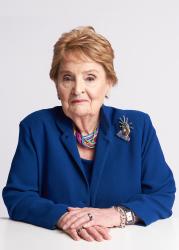
9:00 am - 10:30 am
How to frame and create a narrative for bipartisan support on development issues that touch on big political divides—climate and migration? How to frame, or focus on the consensus aspects of climate in a way that defangs the politics? How to capture the constructive aspects of migration and stem forced migration?
Moderator

10:50 am - 12:20 pm
If fragility is an existential challenge to development, and to U.S. foreign policy interests, is there a frame and an approach that would galvanize U.S. and international support, and avoid falling into the narrative of nation-building?
Do the Global Fragility Act and the report of the Task Force on Extremism in Fragile States offer a path to address fragility?
How to address reconstruction in Syria, Yemen, Afghanistan, if and when they emerge from violence and conflict?
How should the U.S. respond to the violence and break in the social contract in the Northern Triangle?
Panelist
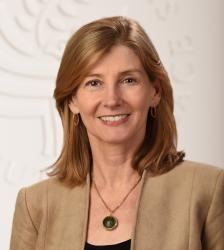
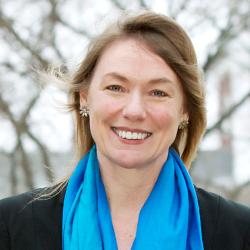

9:00 am - 11:00 am
Where are the spaces for the U.S. to collaborate—and not—with China as a major development actor?
On which issues is China a potential competitor and on which ones a potential collaborator? Should we shape, contain, or compete with the Belt and Road Initiative? Is there space for cooperation and forging common ground with Western approaches to development?
Panelist
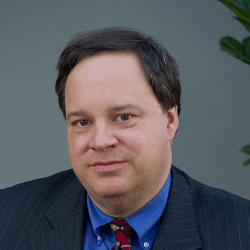
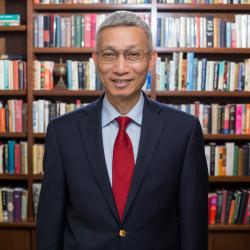
11:20 am - 12:50 pm
What is the narrative, and a possible new initiative, that will sell 2020 candidates and the American people on U.S. international engagement and development and could be implemented by policymakers beginning 2021?
What will energize the ecosystem of policy makers, philanthropists, businesses, and civil society organizations who already understand the importance of and support development efforts?
Moderator
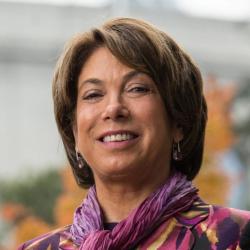
Panelist


Elaine Kamarck
January 23, 2026

George Ingram
January 12, 2026

George Ingram
November 5, 2025